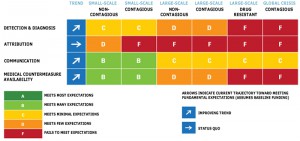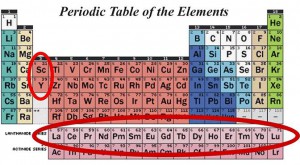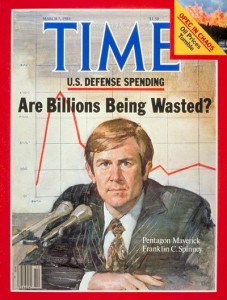
The White House Petition Site Is a Joke (and Also the Future of Democracy)
Megan Garber
The Atlantic, 16 January 2013
First of all, it should be said: Hahahahahahahaha. The White House — the seat of federal power in the United States, the infrastructure behind the leader of the free world, the place so powerful and notable that even Aaron Sorkin wrote about it — has been vanquished by a Death Star.
Well, pretty much. In September 2011, the White House launched “We the People,” an online initiative designed to bring a digital spin to citizens' right to petition the government. The site allowed citizens to start and spread petitions, promising that any entreaties that received more than 5,000 signatures would receive consideration — in the form of an “official response” — from the White House. And the site enjoyed steady growth — so much so that, in October 2011, the White House upped the number of signatures required to receive an official response from 5,000 to 25,000. In late 2012, however, the site — driven in part by petitions to allow a selection of states to secede from the Union and to, yep, construct an $850,000,000,000,000,000, Star Wars-style Death Star — saw a surge. Both in terms of the number of users it registered (2.4 million) and signatures it collected (4.9 million), but also in terms of the number of requests it generated. The last two months of 2012, apparently, saw some 73,000 new petitions.
Continue reading “Eagle: White House Petition Site a Joke — and the Future”







